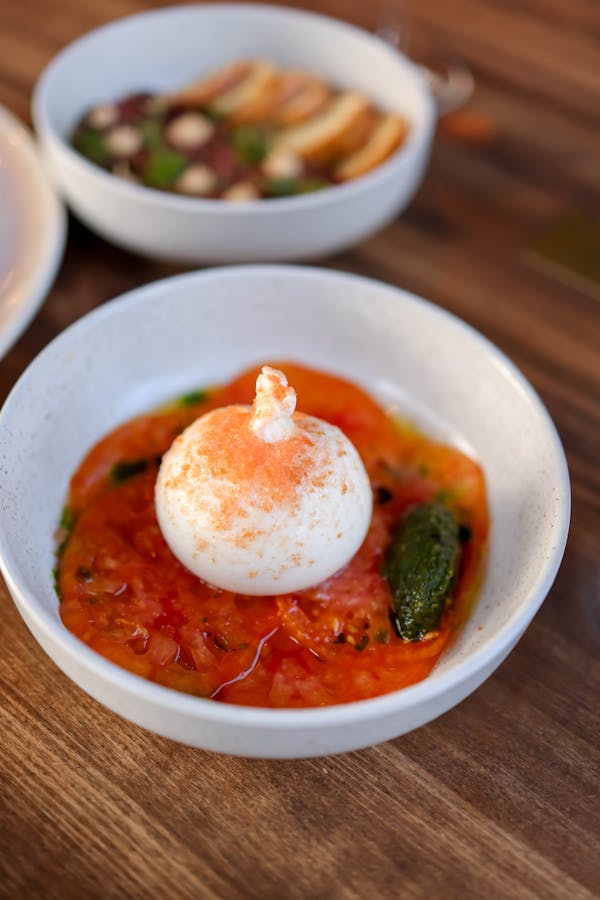Creating an Unforgettable Introduction
There’s an art to creating that perfect first bite, and that’s where appetizers come in.
They set the rhythm for everything to follow.
Forget the boring bread basket; instead, think texture, color, and story.
A starter should wake up the senses, not just pass the time.
Whether you're working with local produce or seasonal specialties, the key is simplicity with intention.
It’s not about quantity—it’s about balance. One creamy, one crunchy, one acidic—that’s your trio in a single bite.
Starters are your way of saying: *this is how I think about food*.
https://bsky.app/profile/beestrot.bsky.social/post/3llw3qawbps2g
The Harmony of Textures and Flavors
The secret to an unforgettable appetizer? Contrasts that surprise. Not just taste, but mouthfeel.
Start with a base: maybe crispy toast, a spoonful of polenta cake, or a sheet of nori if you're leaning fresh and salty.
Top it with something soft—smoked trout mousse, whipped goat cheese, or even an earthy mushroom duxelles.
Then comes the pop: pickled shallot, a touch of grapefruit zest, or a single flake of sea salt.
Here’s where magic lives.
Each element should have a purpose: to elevate, contrast, or anchor.
And don't forget temperature—a sizzling shell with cold cream draws attention without effort.
The Visual Feast
People judge a dish before the first bite, and your plating should reflect that.
Think about shapes, negative space, and height—it’s not just chefy nonsense, it’s psychological.
A dark slate plate can make bright herbs pop. A white bowl gives room for colored oils or a drop of beet coulis.
Use odd numbers—three is friendly, five is elegant, seven is... maybe too much.
Add elements that move the eye: crumbled seeds scattered with purpose, a drizzle in motion, a small sprig off-center.
But remember, restraint wins.
A messy plate says “rushed.” A composed one whispers confidence. And a plate that feels natural? That’s a home run.
A Culinary Conversation Starter
Your appetizer shouldn’t just *taste good*—it should say something. Does it borrow from another cuisine and make it your own? Every ingredient you pick should answer that, read more here.
Maybe you're inspired by childhood snacks you’ve grown up from. That’s not fluff—it’s storytelling through flavor.
You could plate salted watermelon with whipped feta and a crack of pink pepper and call it “a memory of August.”
Or build a crispy rice cake topped with tamarind-glazed pork and serve it as “the street food I miss most.”
These aren’t just dishes—they’re bridges to your guests.
Flavor isn't just chemical—it's emotional. A well-designed appetizer is like a great opening line.

Copyright © Small Plates Digest blog 2025